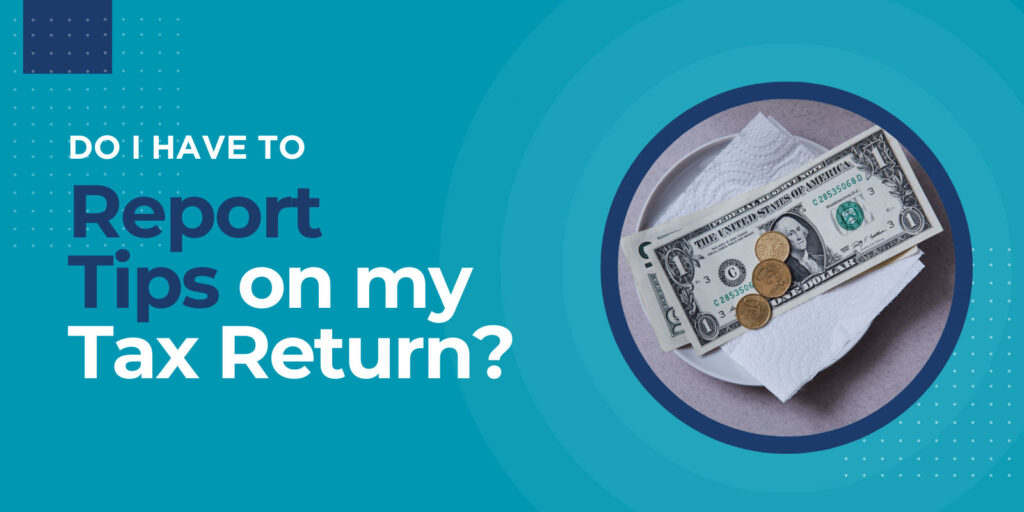
Tips, gratuities, or service charges – these additional payments to service workers are a common part of our daily lives. Whether you’re leaving a tip for your waiter, bartender, taxi driver, or hairdresser, it’s essential to know how these earnings should be handled from a tax perspective. The short answer is yes, you generally do have to report tips on your tax return. In this article, we’ll explore the rules and regulations surrounding reporting tips, exceptions, and the implications of not complying with tax laws.
The Basics of Reporting Tips
Tips are considered income by the IRS, just like your regular wages. This means that, in most cases, you are required to report them on your federal income tax return. Here are some key points to keep in mind:
- Cash Tips: If you receive cash tips directly from customers, you must report them to your employer. Your employer is then responsible for withholding income, Social Security, and Medicare taxes. Your employer will then report these tips to the IRS.
- Credit Card Tips: Tips charged to credit cards are usually reported to your employer by the credit card company. You should still track these tips and ensure that your employer includes them on your W-2 form. Your employer is responsible for withholding taxes on these tips as well.
- Allocated Tips: In some cases, such as when your total tips for a given period are significantly below the industry standard, your employer may allocate additional tips to you. These allocated tips are also considered income and should be reported on your tax return.
Exceptions and Thresholds
There are some exceptions and thresholds when it comes to reporting tips:
- $20 Threshold: If you receive less than $20 in tips in a calendar month, you are not required to report them to your employer. However, you are still responsible for reporting these tips as income when you file your tax return.
- Noncash Tips: If you are ever tipped with noncash items, like tickets or other things of value, you do not need to report these to your employer. However, you must report them on your tax return.
- Self-Employed Workers: If you are self-employed and receive tips, you are responsible for reporting them as part of your overall self-employment income. Keep accurate records to ensure compliance with tax regulations.
- Shared Tips: If you receive tips and then share them with other employees, you only need to report the amount you keep for yourself.
Penalties for Non-Compliance
Failure to report your tips accurately and in a timely manner can lead to several consequences:
- Underpayment of Taxes: If you do not report your tips, you may end up underpaying your taxes. This can result in penalties and interest charges. For example, the IRS can give you a penalty that is 50% of the Social Security and Medicare tax that you did not pay.
- Audits: The IRS may audit your tax return if there are discrepancies or inconsistencies in your reported income. An audit can be time-consuming, stressful, and costly.
- Criminal Charges: In severe cases of tax evasion, individuals who intentionally conceal a substantial amount of tip income can face criminal charges, including fines and imprisonment.
Tax Help for Service Workers
In conclusion, reporting tips on your tax return is generally required by law. Whether you receive cash or credit card tips, it’s essential to keep accurate records. Ensure that all income is reported correctly to avoid potential penalties, interest charges, or even criminal consequences. Remember that while reporting tips may seem burdensome, it helps fund important government programs and services. It also ensures that everyone pays their fair share of taxes. Luckily, the IRS provides a helpful way to keep track of your tips with IRS Form 4070A, Employee’s Daily Record of Tips. If you have questions or concerns about reporting tips, consider consulting with a tax professional. They can provide guidance tailored to your specific situation. Optima Tax Relief is the nation’s leading tax resolution firm with over $1 billion in resolved tax liabilities.
If You Need Tax Help, Contact Us Today for a Free Consultation